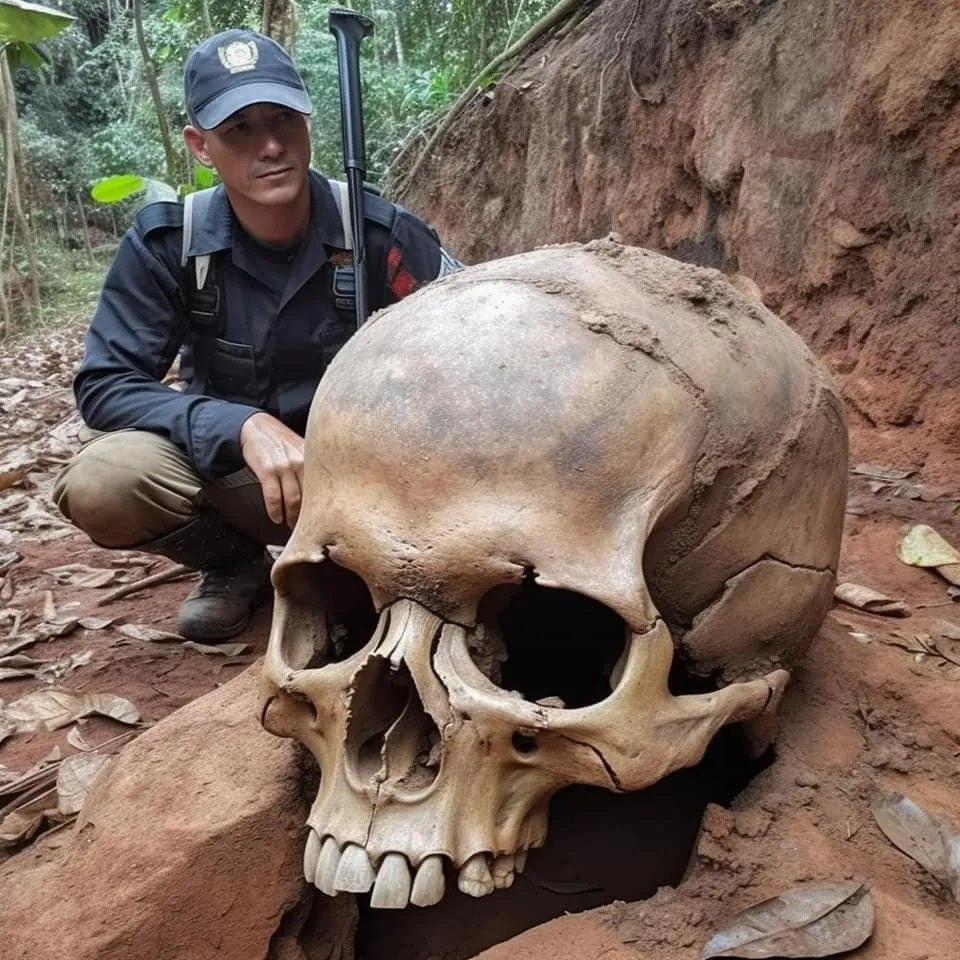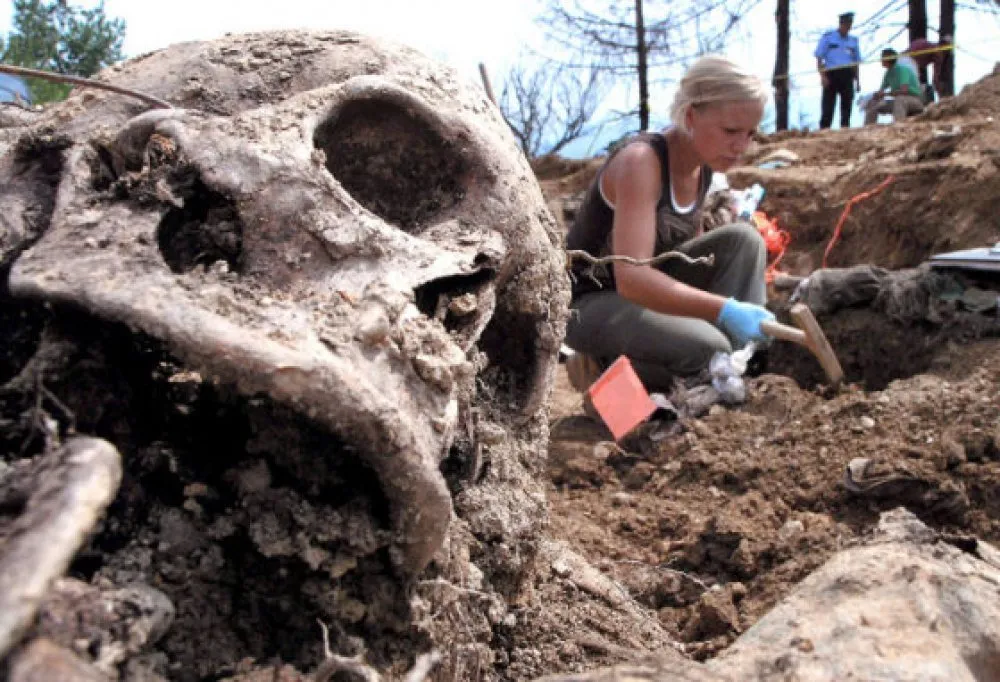In a discovery that sheds light on the private lives of ancient Romans in Britain, archaeologists have unearthed a wooden object believed to be an erotic toy dating back nearly 2,000 years. The find, approximately 16 cm in length, was excavated from a Roman site in England, offering a rare glimpse into the personal and perhaps playful aspects of Roman daily life.

The artifact was discovered during routine excavations at a well-preserved Roman settlement. Initially identified due to its distinctive shape and craftsmanship, the object’s potential use has intrigued researchers and historians. Detailed analysis and comparison with similar finds from other Roman territories support the theory that this object served as an intimate toy, used by individuals in Roman Britain.

This revelation challenges previous perceptions of Roman society as strictly stoic and formal, highlighting a more human and relatable side of ancient life. The find adds to a growing body of evidence suggesting that Romans had a sophisticated understanding of personal pleasure and the importance of sexuality in their social and private lives.

Experts are excited about the discovery, emphasizing its significance in understanding the day-to-day experiences of Roman individuals, far removed from the grandiose history of battles and politics usually associated with the Empire. “It’s a reminder that, just like us, the Romans had complex and nuanced private lives,” one leading archaeologist commented.

The wooden object is currently undergoing preservation and further study, with plans to display it in a museum exhibition dedicated to Roman life in Britain. The exhibition aims to provide insights into the diverse aspects of Roman culture, from their architectural feats to the intimate details of their personal lives.
This find not only enriches our understanding of Roman Britain but also serves as a testament to the timeless nature of human desire and intimacy. It’s a profound connection to the past, reminding us that despite the passage of millennia, some aspects of human life remain unchanged.



